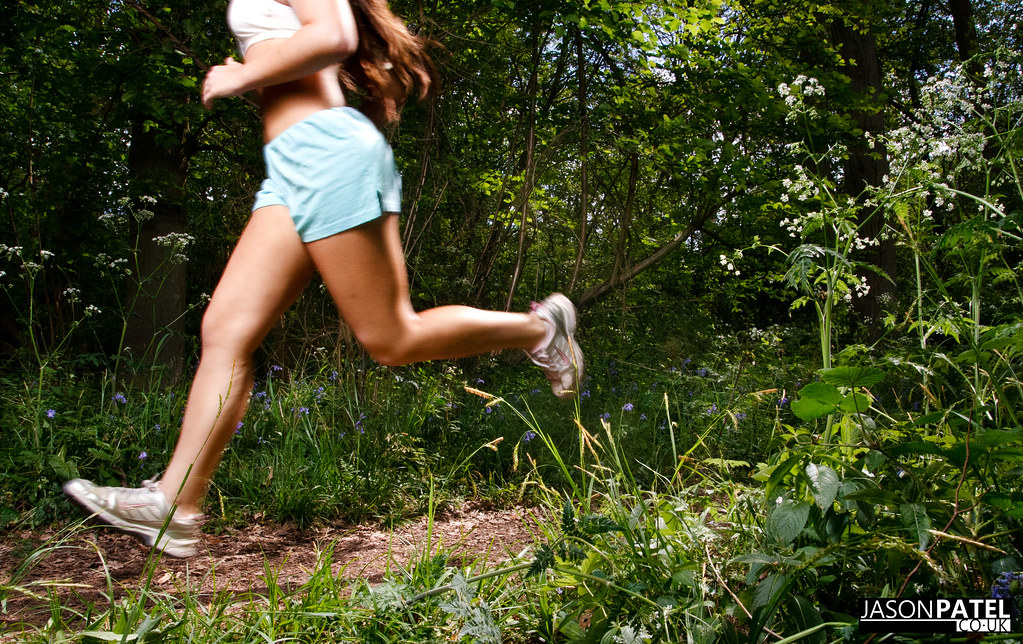by Catalina Macedo Giang
When I was growing up, my parents stressed the importance of exercise to keep me healthy and fit while I went to school and sat in a classroom for eight hours every weekday. When I was in 9th grade, I joined my high school’s cross country team and would run on our track and around the neighborhoods that surrounded my school.
As a southerner in the US, I was accustomed to a hot climate and humid weather that reached its peak between 12 and 4 PM. During those hours, the sun shines high and clear in the sky and there is no escaping its burning rays.
It was during these hours when I was running with one of my cross-country teammates after school one day. There was no shade to be seen, and as the minutes passed, my teammate and I felt like we were being stewed in the fiery glare of the sun. My back and legs and arms were burning, and slowly but surely, my mouth and throat grew dry. I ignored this feeling and kept running.
Finally, my teammate suggested we turn back. I agreed, because I hate running alone. This decision was the best one I could have made that day. We had run over four miles away from the school, and as we began the journey back, I felt exhausted and sluggish, faint and overheated. We were close to the school when black spots began to appear in my vision, and the feeling of relief that we were in a safe distance to a water source made me forget about my cracked lips and sandpaper dry throat—for a moment anyway.
It wasn’t until that day that I truly valued water in my life. Water is everything. It is my fuel, my energy, my breath and so many other things that make my life what it is. Water is the one universal substance everyone needs in order to live and function and grow. Without water, there would be no life.
Unfortunately, safe water is not universally accessible. According to the Global Health and Education Foundation, over 64% of Niger’s rural population does not have access to clean water in this drought-ridden country. As someone who has easy access to a plentiful supply of clean water, these conditions are difficult for me to understand. However, situations like Niger are reality, and recognition is key if we wish to help. And every bit of help counts–even if it’s just writing blog posts about the issue, it allows people to learn about the global water crisis. As more people decide to help out too, whether by writing articles, donating money, or volunteering, I think it’s very possible we can make a difference in Niger.



